Our Mission to Help End Malaria
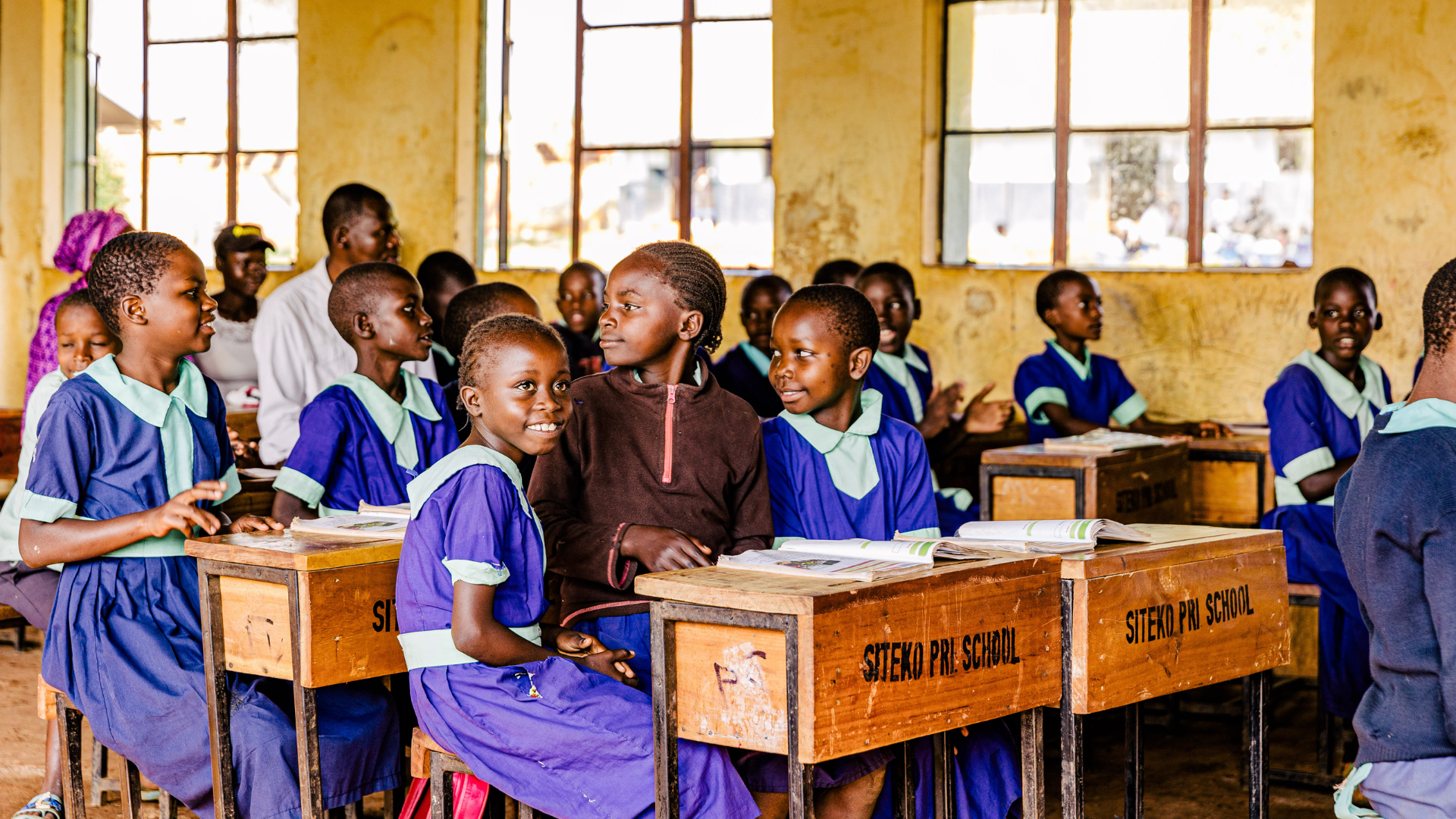
Helping Safeguard Communities in the Fight Against Malaria
For 65+ years, SC Johnson has been working to help protect families from insect-borne disease. By leveraging our decades of entomological expertise and capabilities, we have developed breakthrough spatial repellent tools like Guardian™, that can significantly reduce the presence of mosquitos in households. Malaria is one of the world’s deadliest diseases, even in 2024, it takes the life of a child under 5 every minute – a statistic SC Johnson and our dedicated partners are working to change.
Our Goal
As the makers of Raid, OFF! and Baygon and a leader in the insect repellent space, SC Johnson is committed to working toward the prevention and eradication of malaria.
For over 60 years, we've used our entomological expertise to develop products that provide protection against malaria and other insect-borne diseases. Since 2013, we formed a dedicated team called “Base of the Pyramid Group” that focuses specifically on helping the world’s most vulnerable fight against mosquito-borne diseases and other health concerns. Learn more about the Base of the Pyramid through our 2022/2023 Impact Report.
Even after 137 years, doing what’s right never gets old. Helping eradicate malaria is one way SC Johnson remains a family company at work for a better world.



Our actions have spanned more than 10-year journey around the globe:
2006 - Present
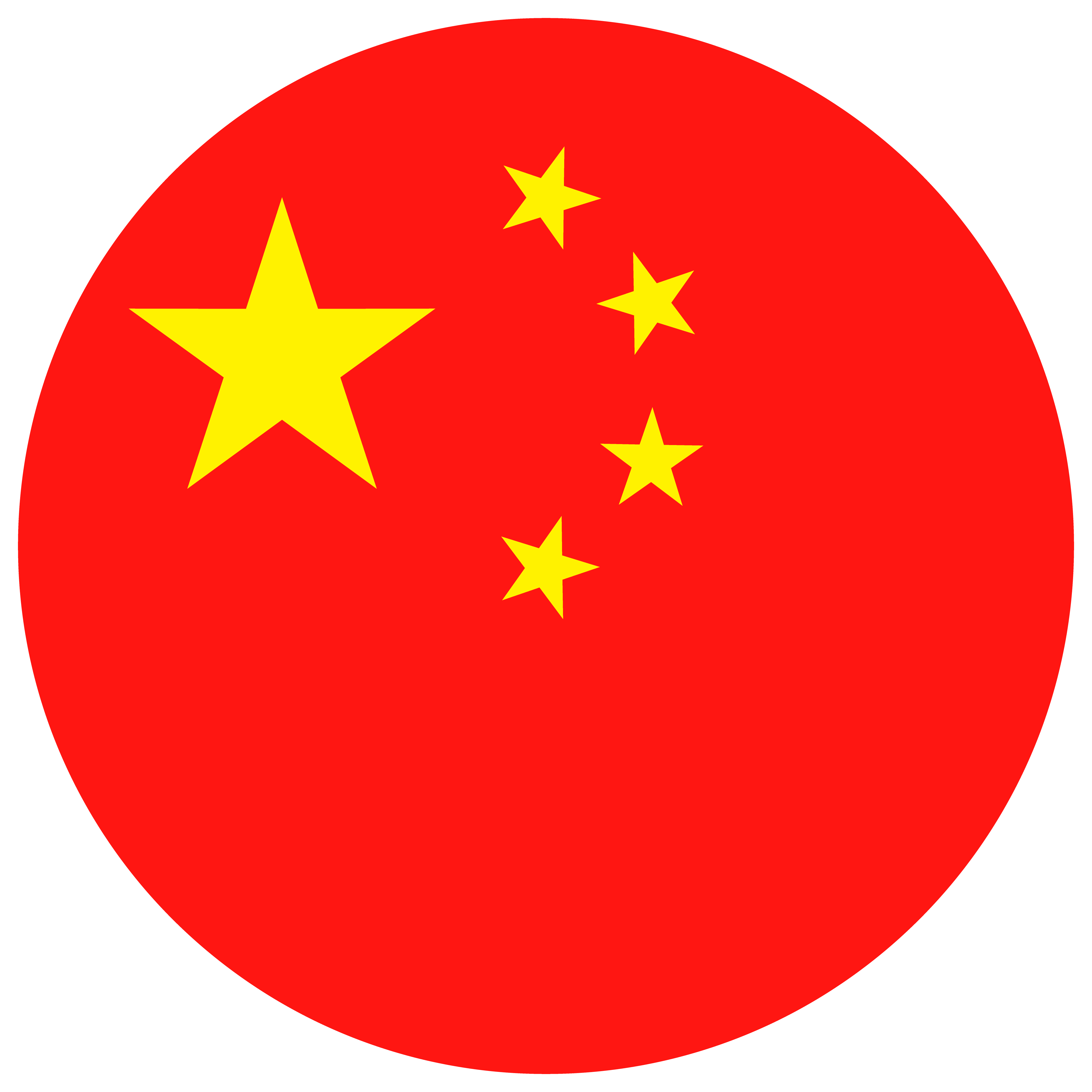
China
2007 - 2009
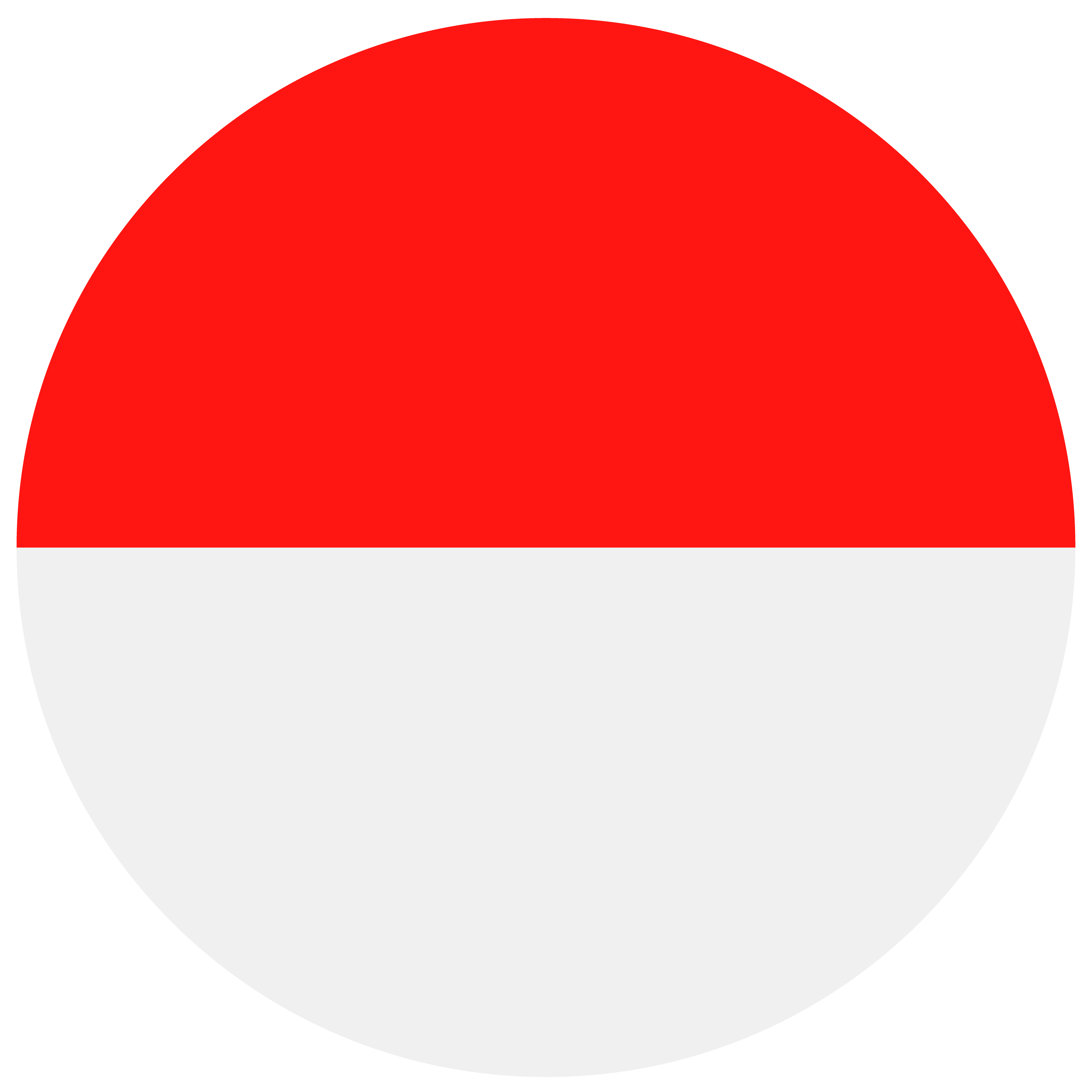
Indonesia
2010 - 2011

Indonesia
2014 - 2019
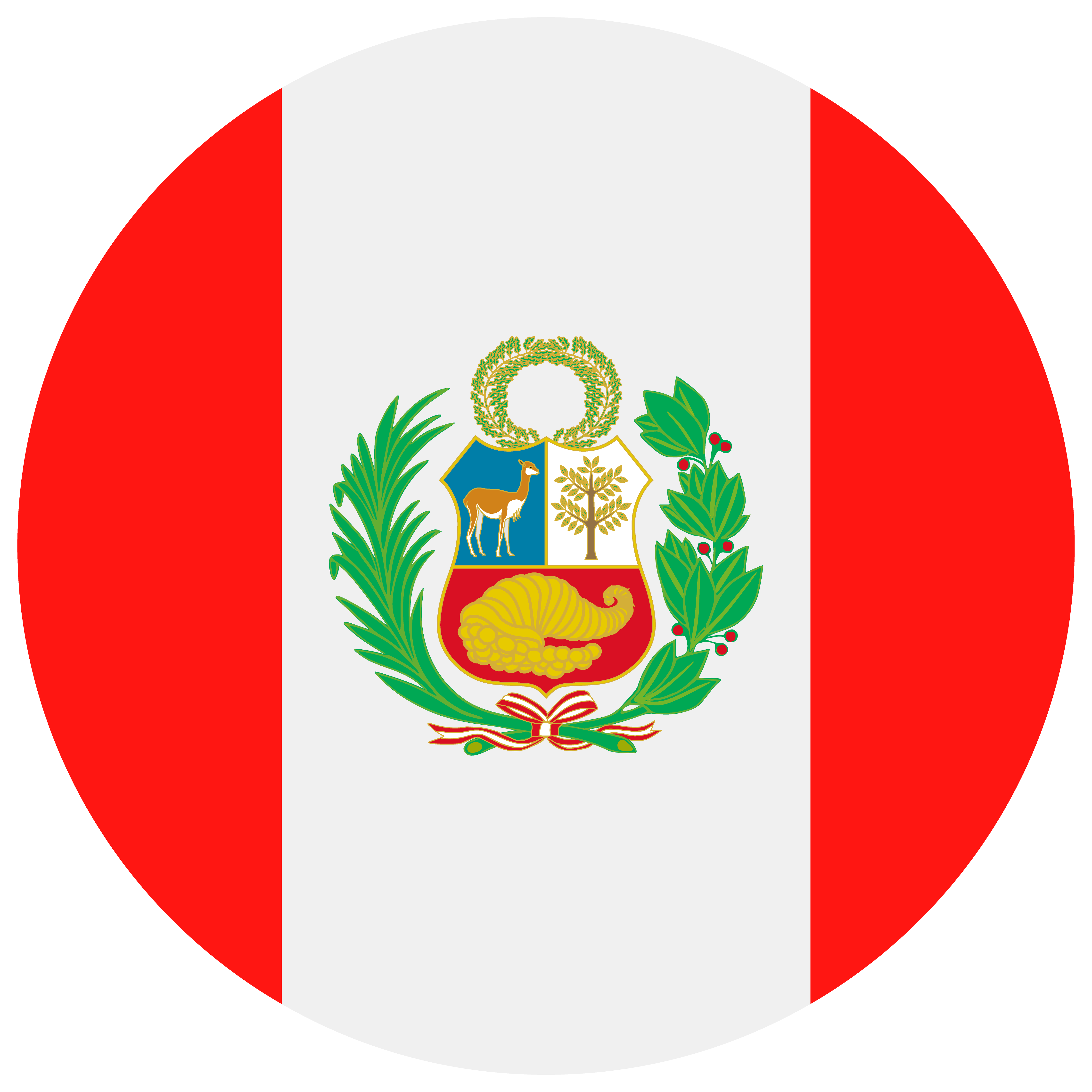
Peru
2014 - 2019

Kenya
2021 - 2023

Mali
2021 - 2024

Sri Lanka
2022 - 2024

Uganda
2021 - 2024
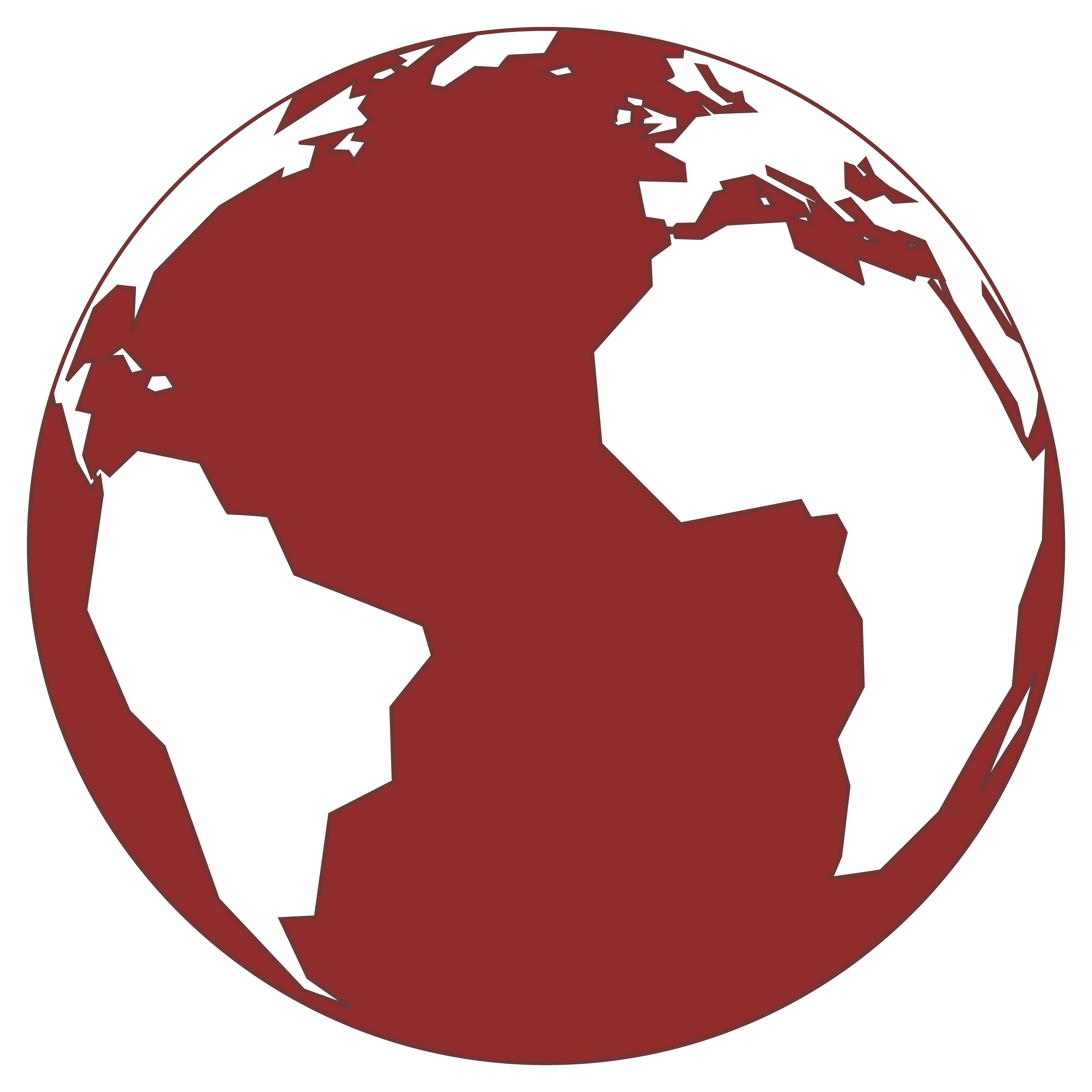
Global
Ongoing
Path to a Policy
Getting new public health tools to the people who need them most requires a World Health Organization policy recommendation – their official stamp of approval. It’s a long and complex process.
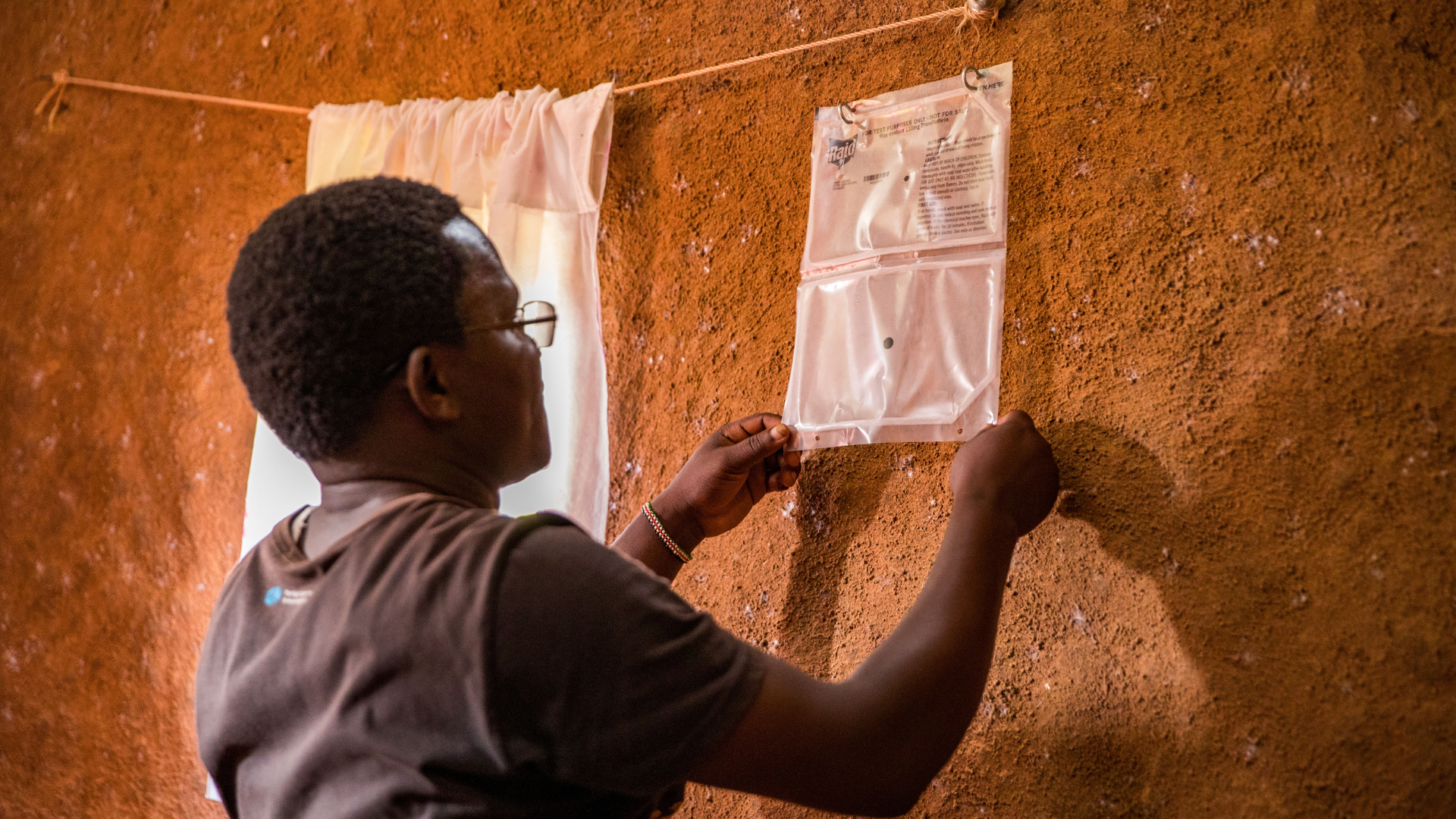
Our Mosquito Shield™ spatial repellent, developed by a dedicated team in 2017, is an easy-to-use product that can help protect a semi-enclosed or enclosed space from mosquitoes without requiring electricity or a flame to work. This repellent is ideal for semi-permanent homes, clinics requiring frequent cleaning, temporary IDP camps and rapid response settings. It has been through trials in Indonesia and Peru, with promising results, and is now in large-scale clinical trials funded by Unitaid in Kenya, Mali and Sri Lanka. A single case holds 2000 units, which can help protect 250 homes.”
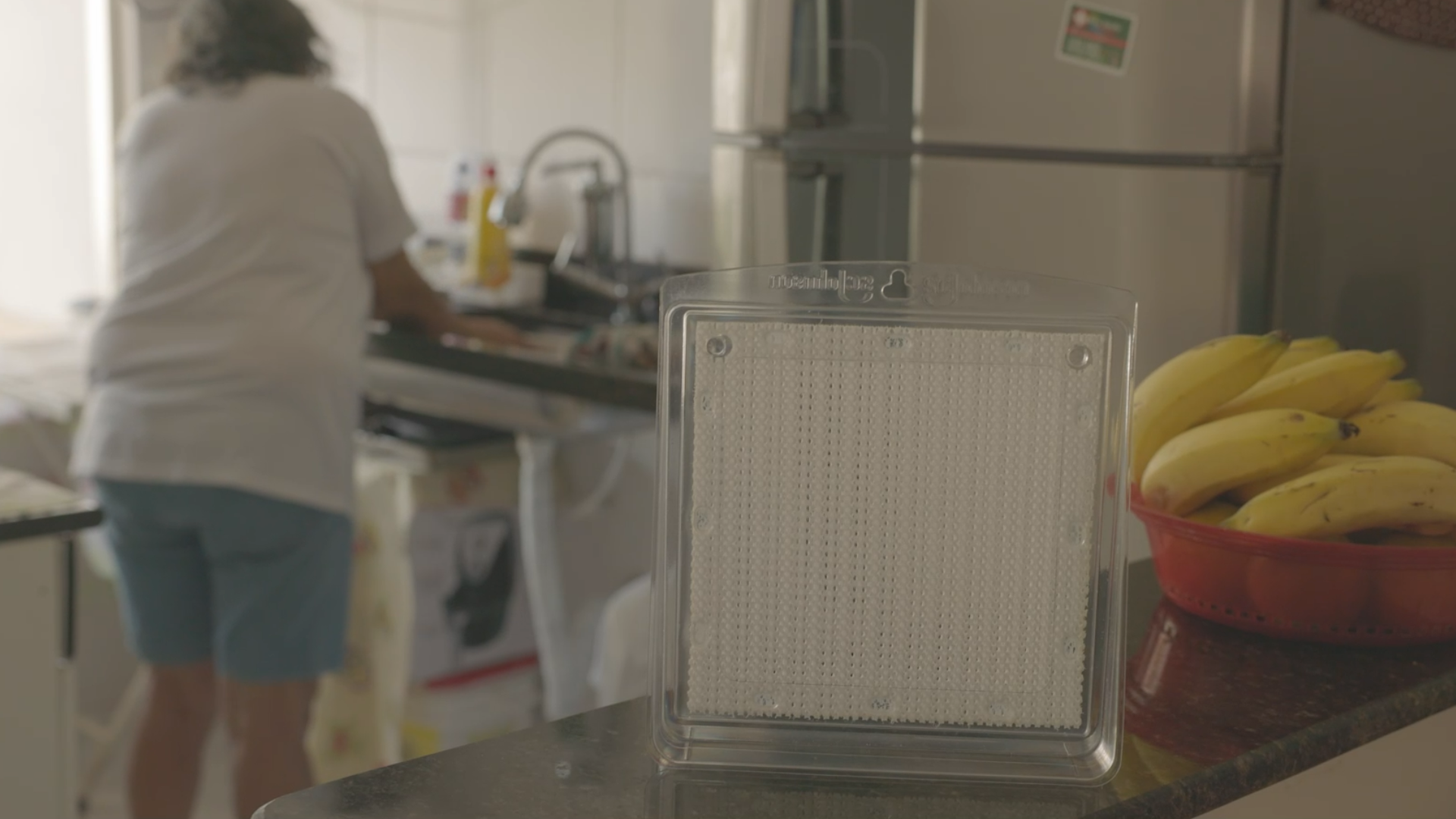
Partners
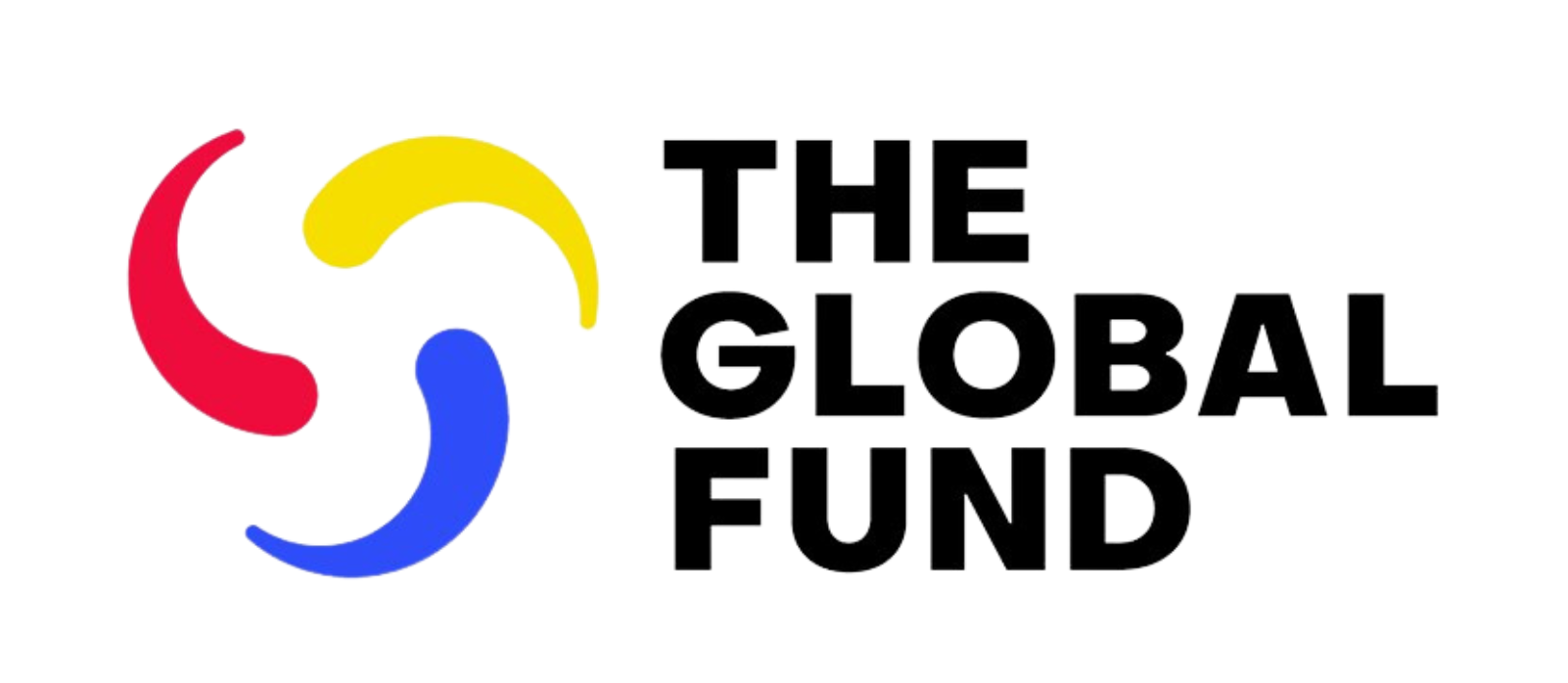
The Global Fund
The Global Fund builds and fuels worldwide coalition of governments accelerating the elimination of malaria.
See More Click To Flip the Card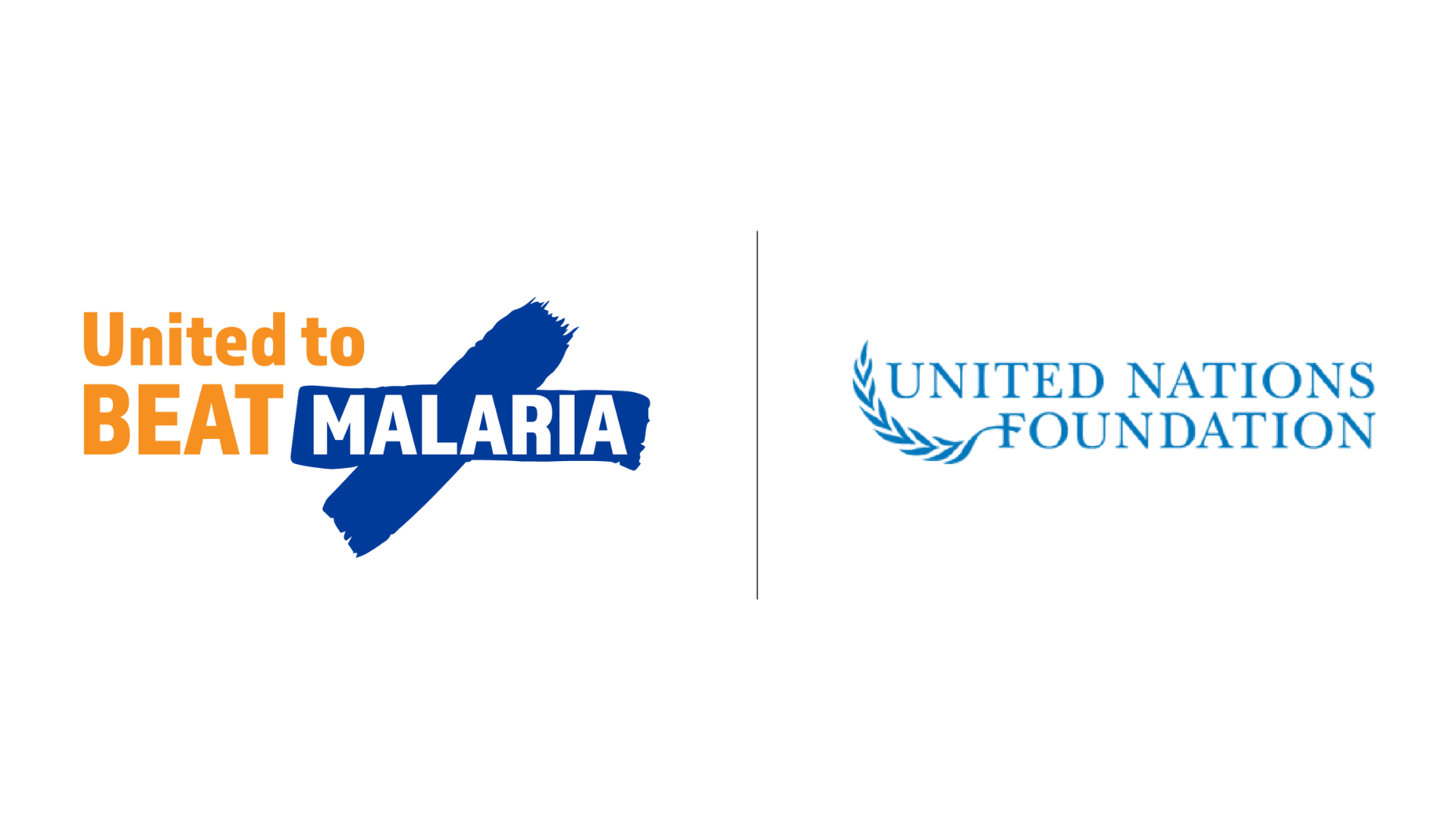
United Nations Foundation
United Nations Foundation brings together a diverse set of partners, influencers, and supporters to successfully advocate for increased U.S. leadership and funding for global malaria programs.
See More Click To Flip the Card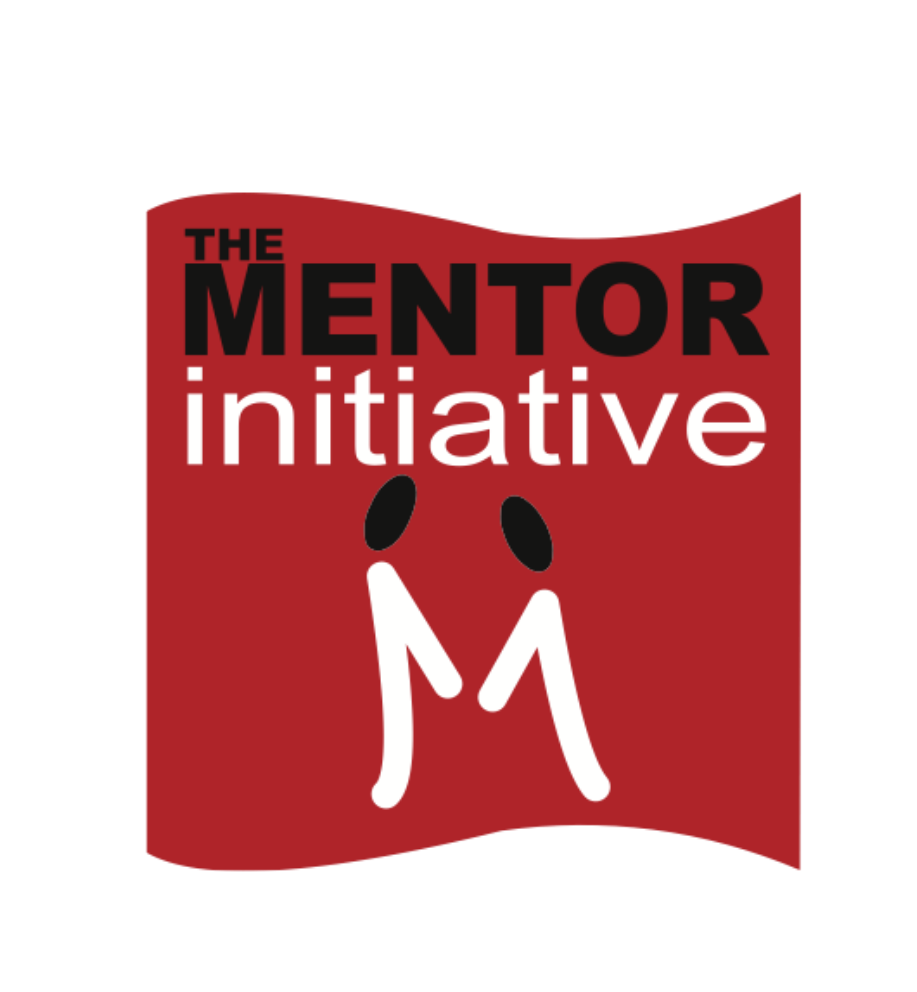
The MENTOR Initiative
The MENTOR Initiative works in high-risk and humanitarian settings to prevent malaria in Yemen and Nigeria and leishmaniasis in Syria.
See More Click To Flip the Card
University of Notre Dame
The University of Notre Dame is one of America’s leading undergraduate teaching institutions and has been at the forefront of research and scholarship in the health sector and beyond.
See More Click To Flip the Card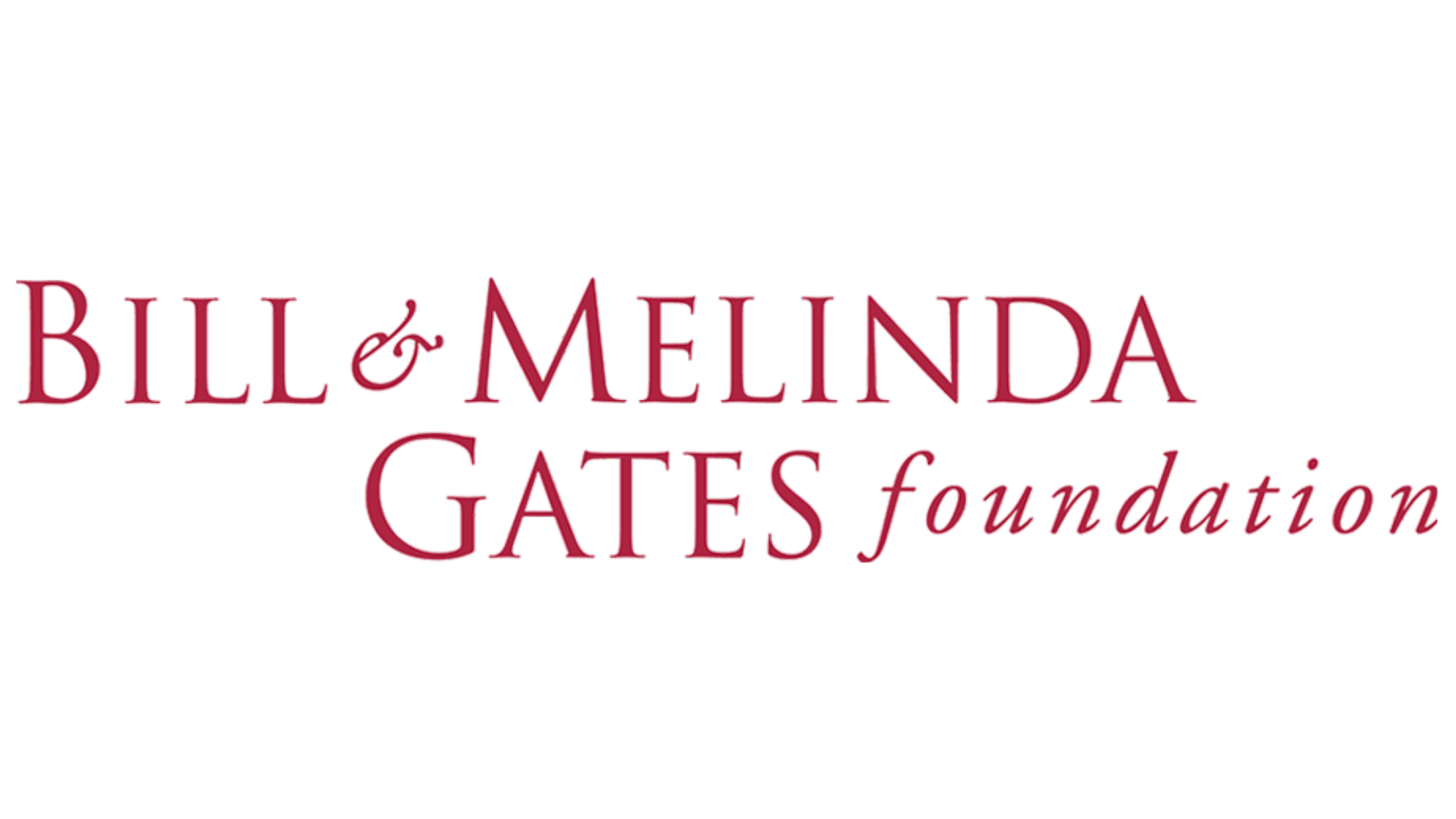
The Bill & Melinda Gates Foundation
The Bill & Melinda Gates Foundation’s mission is to create a world where every person has the opportunity to live a healthy, productive life.
See More Click To Flip the Card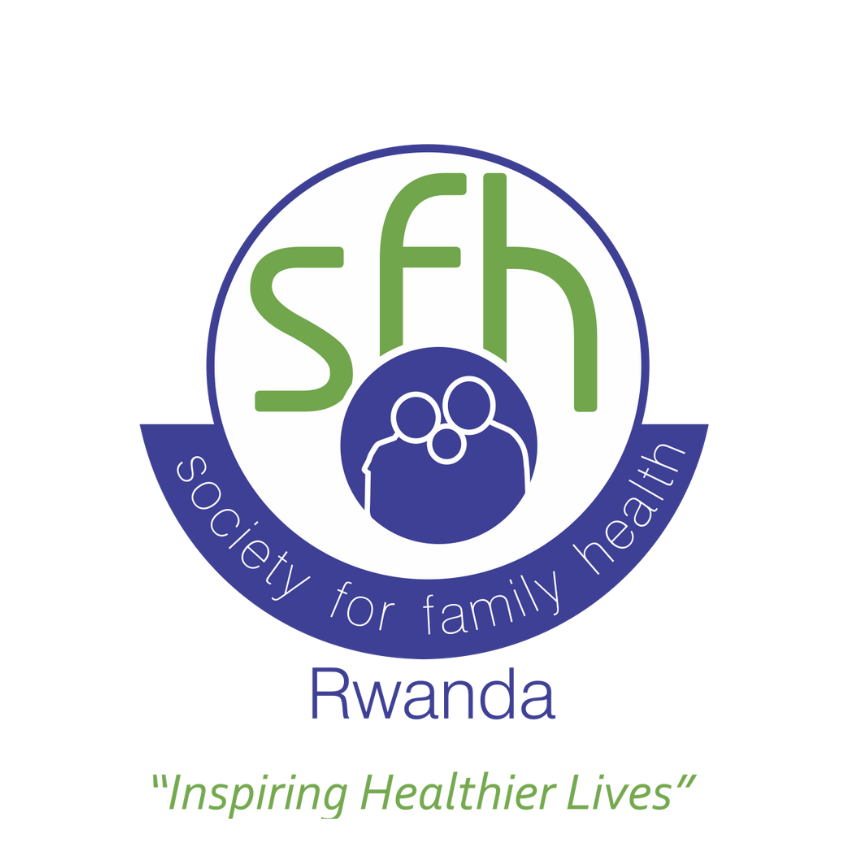
Society for Family Health-Rwanda
Society for Family Health-Rwanda provides training and certification to unofficial caregivers and community health workers in Rwanda to help them build a foundation for a career and earn a living wage.
See More Click To Flip the Card